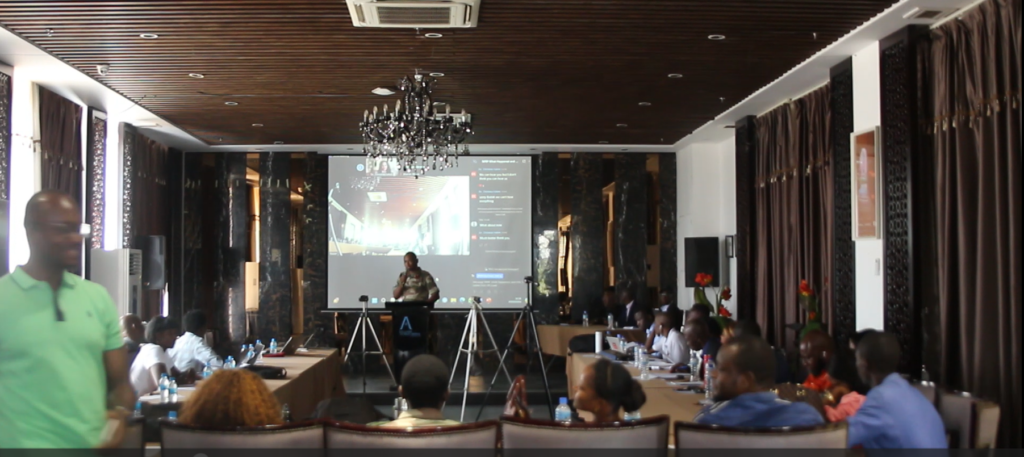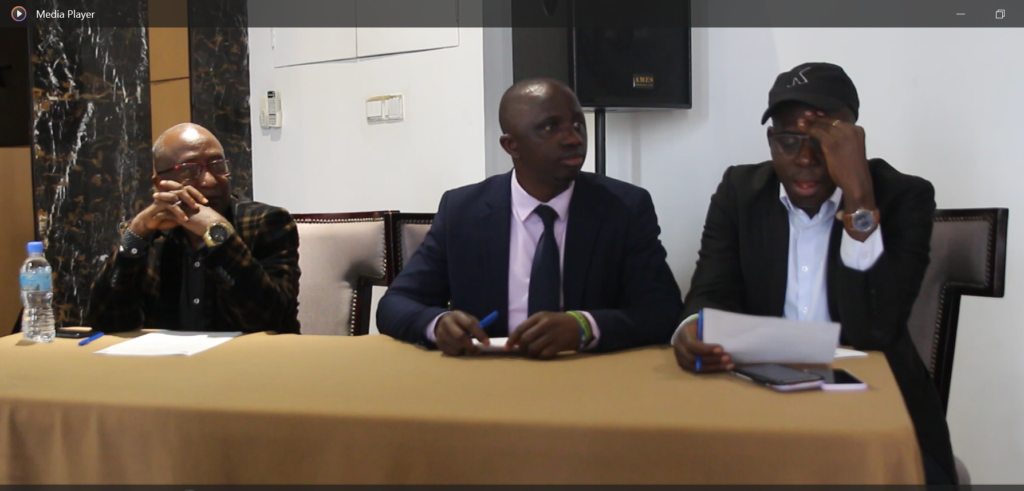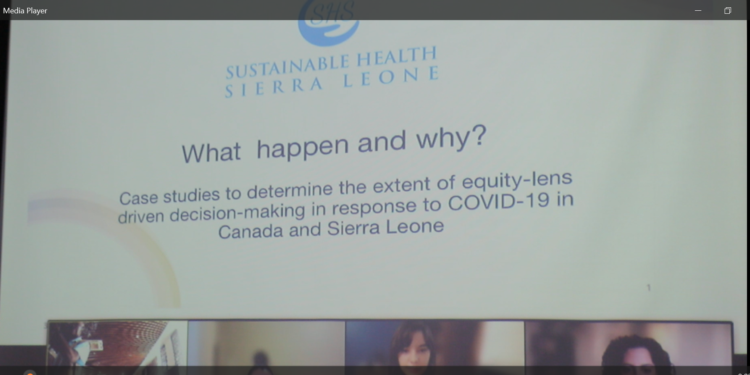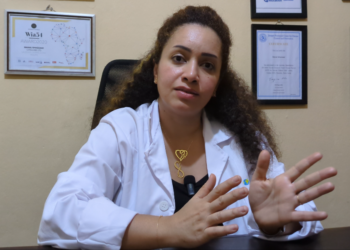By Cheryl Thomas

A collaborative research between Sierra Leonean and Canadian scientists to compare the impact of Covid-19 measures between the two countries has been launched.
The study will look at the extent to which health equity was embedded in the public health responses of Sierra Leone and the Canadian province of Ontario.
Ontario is Canada’s most populous province, located in the central part of the north American country and home to its capital, Ottawa.
Dr. Christine Fahim and other fellow Canadian researchers are collaborating with their Sierra Leonean pears Dr Sulaiman Lakkoh and team at the Sustainable Health Systems (SHS) Sierra Leone to conduct the study.
Dr Fahim, who is an Assistant Professor at the University of Toronto, said the idea of the collaboration stemmed from their interest conducting a research at the height of the Covid-19 pandemic in Ontario which showed that broad scale restrictive public health measures had limited impact on reducing cases of the viral disease, hospitalization and deaths among certain populations, especially essential workers, who live in the economic margins and their networks.
“We became increasingly interested and exploited how health equity was considered when Covid-19 policies were shaped and implemented,” Fahim, who also leads St. Michael’s Hospital’s Knowledge Translation Program, said via video conferencing at the event marking the launch of the research on Thursday, March 7.
The collaboration with the Sierra Leone team was made possible through funding from the Canadian government under its New Frontiers Funding, announced in April 2022, which looks into post pandemic recovery to generate guidance for future health emergencies.
“The objectives of our project is to critically assess why and how health equity was considered when covid-19 policies were shaped in the province of Ontario in Canada and in Sierra Leone,” said Dr Fahim.
She added that they will also seek to identify challenges to enable them implement equity [enabled] policies and support people most at risk during emergencies.
“We believe that this project has tremendous potential for meaningful impact.,” she stressed.
SHS is a local research based not-for profit organization which aims to generate evidence responsive to local needs of health care services users, managers and policy makers through fostering effective collaboration in capacity strengthening for research-to-policy translation. The organization specifically focuses on mental health, infectious diseases, health systems strengthening and research capacity development.
Dr Lakoh, who is its Co-Chief Executive Officer, said this study aims to look at the past to influence the future and inform and empower policy analysts by querying whether COVID 19 policies were designed and implemented with equity lens.
Thursday’s event held at the Atlantic Hotel along Lumley Beach in Freetown provided a platform for the co-investigators and their potential partners in the initiative to set the agenda ahead of commencement of the study proper.
Dr Lakoh, an infectious diseases expert and co-principal investigator in the project, said its main aim is to inform public policy formulation and implementation around equity for the future.
“We all know the impact of Covid-19 on the economy, the deaths that it caused; but there is a critical component that we are missing, which is the aspect of equity.
“How equal are we when it comes to designing as well as implementing policies that are related to public health emergencies. This is the space that Sustainable Health Systems Sierra Leone has worked with our partners in the University of Toronto, for us to understanding what really was the situation with equity, what really was the situation with disparity, in relation to implementation as well as formulation of Covid-19 policies,” he said.
“Critically, what we aim to do is to inform policies around this for the future,” he added.

Lt. Col. Dr Stephen Sevalie, Director of Mental Health at SHS and Commander of the Republic of Sierra Leone Armed Forces Medical Services, who is also a co-principal investigator, emphasized on the importance of answering the questions around the response to the Covid-19 pandemic.
“In this project, we intend to answer the questions: what happened and why. And this question we intend to answer in the Sierra Leone context and the Canada context,” he said.
Representing the Ministry of Health at the meeting was Deputy Chief Medical Officer, Dr Alie Wurie, who spoke on the importance of research in building a resilient and responsive healthcare system in a country. He hailed SHS for venturing into research, which he also said will contribute to building proactive health policies with the potential of ensuring an equitable, resilient and capacitated health policies.






















